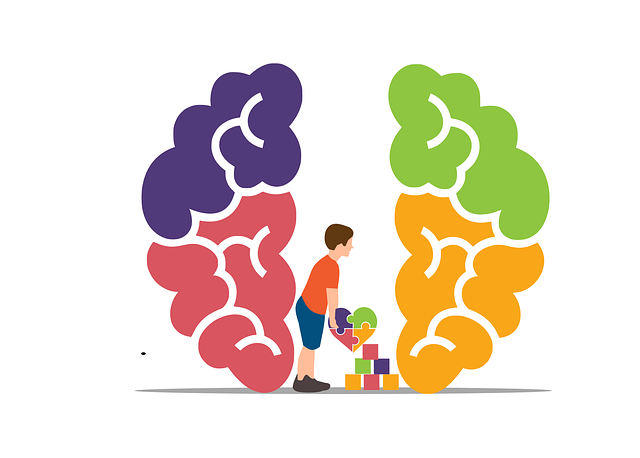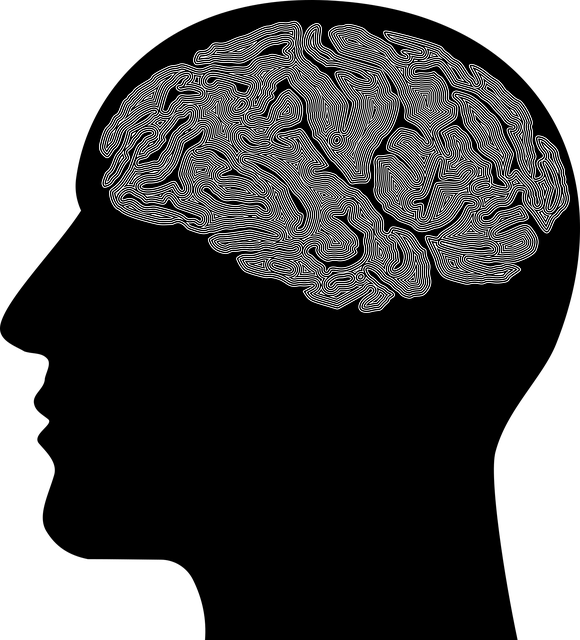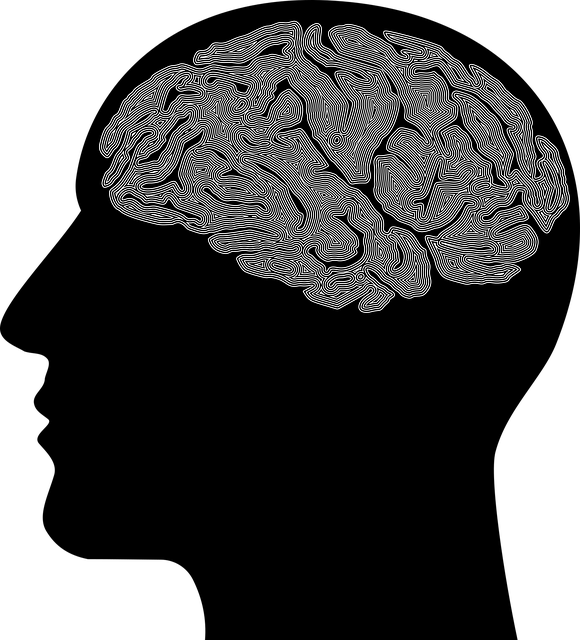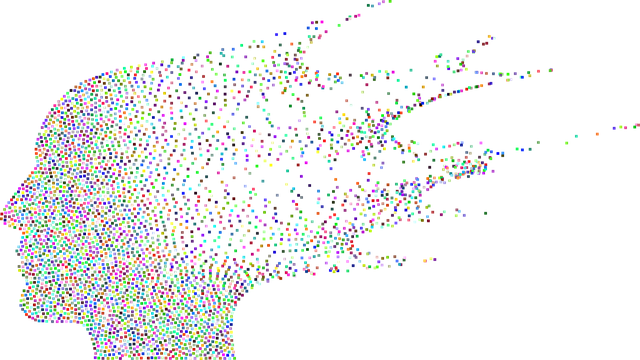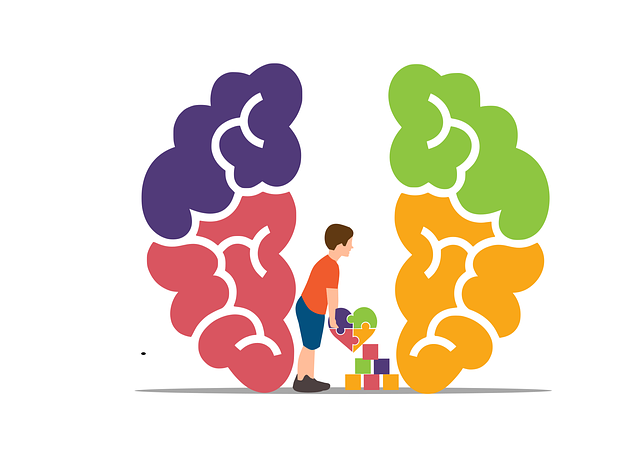Mental health policies, including legislation, guidelines, and initiatives like Golden Blended Families Therapy, transform societal perceptions, reduce stigma, and provide equal access to care. Effective policies empower communities through education, encouraging early intervention and stress resilience. Advocacy amplifies diverse voices, challenges stereotypes, and drives policy changes for evidence-based practices. Golden Blended Families Therapy offers a specialized approach for modern families, emphasizing context-specific risk assessments and integrating Self-Awareness Exercises and Emotional Intelligence training to enhance mental health services accessibility and effectiveness.
Mental health policy is a cornerstone of societal well-being, shaping access to care and influencing lives. This analysis delves into the intricate relationship between mental health policies and their profound impact on individuals and communities. We explore advocacy’s pivotal role in driving change, with a spotlight on the innovative Golden Blended Families Therapy (GBFT) approach. GBFT offers a unique perspective on policy implementation, integrating diverse strategies to foster holistic mental well-being for all.
- Understanding Mental Health Policy and its Impact on Society
- The Role of Advocacy in Shaping Mental Health Care
- Golden Blended Families Therapy: A Unique Approach to Policy Implementation
Understanding Mental Health Policy and its Impact on Society

Mental health policy plays a pivotal role in shaping societal attitudes and access to support systems for individuals grappling with mental illnesses. It encompasses legislation, guidelines, and initiatives designed to ensure adequate care and promote community well-being. Effective mental health policies aim to destigmatize discussions around mental health, encourage early intervention, and facilitate equitable access to treatment options such as Golden Blended Families Therapy. This type of therapy offers a unique approach to addressing complex family dynamics, fostering inner strength development in both parents and children, and enhancing overall mood management and stress resilience within the household.
The impact of robust mental health policies extends beyond individual families; they contribute to building resilient communities. Organizations like Stress Management Workshops can leverage these policies to deliver educational programs that equip individuals with coping strategies for everyday stressors. By integrating such initiatives into the fabric of society, we cultivate a culture of mental wellness, where people are empowered to manage their emotional well-being and seek help without hesitation. This collective effort not only benefits the individual but also strengthens the social fabric by fostering understanding, empathy, and a sense of community support.
The Role of Advocacy in Shaping Mental Health Care

Advocacy plays a pivotal role in shaping mental health care by amplifying the voices of individuals who have been historically underserved or ignored. It drives attention to the nuances and complexities of mental health issues, ensuring that policies reflect the diverse needs of different communities, including Golden Blended Families Therapy. Through advocacy, stakeholders can challenge stereotypes and promote understanding, fostering an environment where emotional healing processes are accessible and supported.
Effective advocacy involves raising awareness about the impact of mental health issues on individuals and society at large. It encourages the implementation of Self-Awareness Exercises and Resilience Building initiatives, ensuring that people have the tools to navigate life’s challenges. By engaging in policy analysis and advocating for evidence-based practices, various stakeholders can contribute to a more robust and inclusive mental health care system, ultimately improving the lives of those who need it most.
Golden Blended Families Therapy: A Unique Approach to Policy Implementation

Golden Blended Families Therapy represents a novel and promising approach to mental health policy implementation. This therapeutic model recognizes the evolving dynamics of modern families, especially those composed of blended or step-parented relationships. By integrating specialized interventions tailored to these unique family structures, this therapy addresses the specific challenges that arise from blending households, fostering healthier interactions, and enhancing overall family well-being.
The success of Golden Blended Families Therapy underscores the importance of considering context-specific risk assessments for mental health professionals. Incorporating Self-Awareness Exercises and Emotional Intelligence training within policy frameworks can equip practitioners to navigate complex familial landscapes effectively. Such exercises promote introspective understanding among therapists, enabling them to respond sensitively to the nuanced emotional needs of blended families. This holistic approach ensures that mental health services are not just universally applied but tailored to the distinct requirements of diverse family configurations, ultimately enhancing their efficacy and accessibility.
Mental health policy analysis and advocacy are essential components in shaping a more inclusive and effective mental healthcare system. By understanding the impact of policies on society, we can empower advocates to drive meaningful change. The unique approach of Golden Blended Families Therapy highlights the potential of innovative practices in policy implementation, offering a promising direction for improving access and quality of care. Through continued analysis, advocacy, and exploration of alternative therapies like Golden Blended Families Therapy, we can foster a more supportive environment for mental health and well-being across communities.








